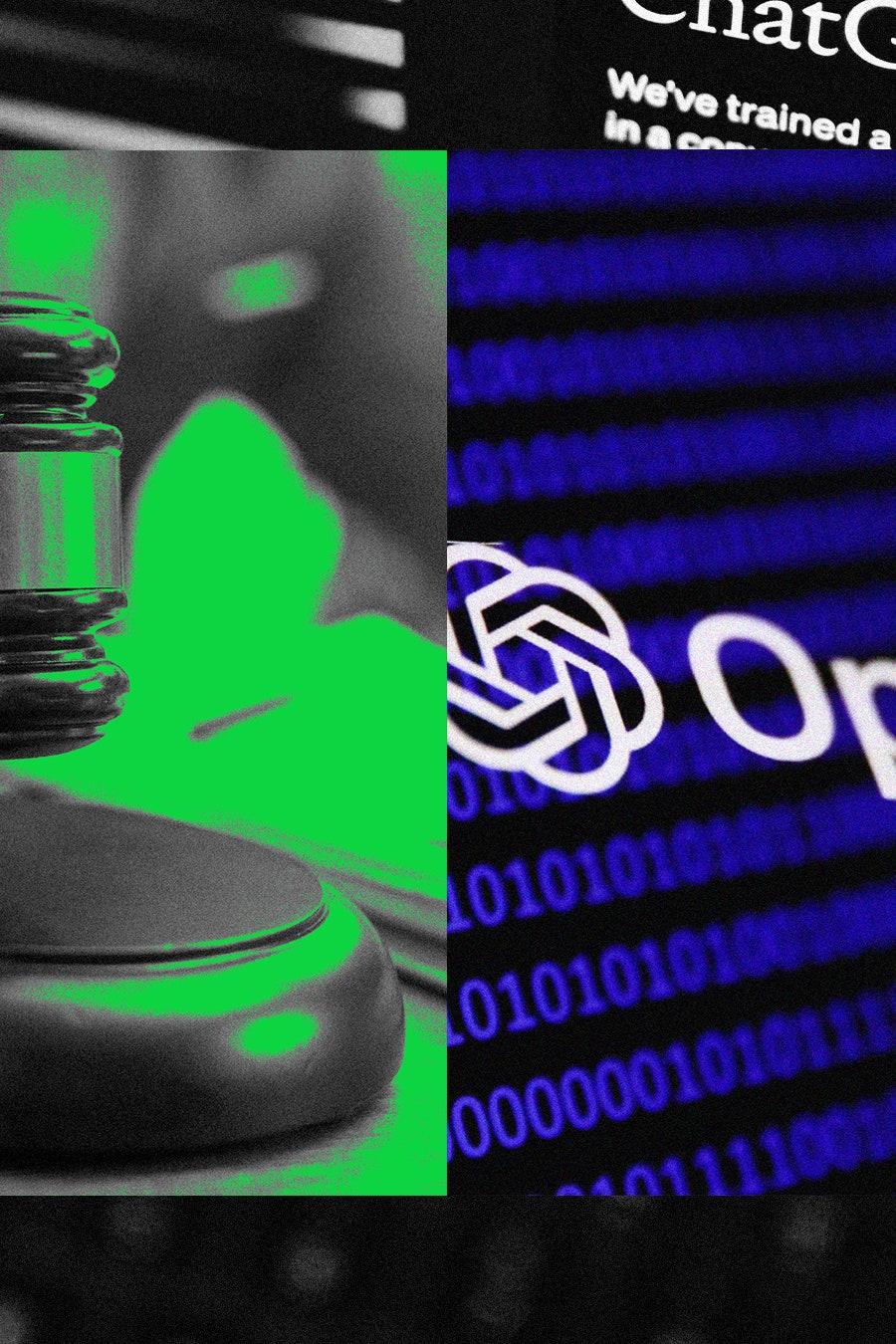OpenAI, the renowned artificial intelligence research lab, recently achieved a significant legal victory against Progressive Publishers, a company that sought to distribute unauthorized versions of OpenAI’s cutting-edge language model, GPT-3. However, while this win is undoubtedly a cause for celebration, it is important to recognize that the battle to protect intellectual property and maintain the integrity of AI technology is far from over.
The legal dispute between OpenAI and Progressive Publishers began when the latter attempted to sell modified versions of GPT-3 without obtaining the necessary licensing rights. OpenAI swiftly responded by filing a lawsuit, arguing that the distribution of these modified models infringed upon their intellectual property and violated the terms of use established for GPT-3.
The case garnered significant attention in the AI community as it highlighted the emerging complexities surrounding AI models and their ownership. OpenAI’s GPT-3 is widely regarded as a groundbreaking language model, capable of generating human-like text across various applications. As the demand for AI technologies grows, questions surrounding ownership rights, licensing, and fair use become increasingly pertinent.
OpenAI’s recent legal triumph sends a strong message to those looking to exploit advanced AI models without proper authorization. By successfully defending their intellectual property rights, OpenAI has set a precedent that could deter future attempts at unauthorized distribution of AI technology. Moreover, this victory demonstrates the importance of maintaining integrity in the AI ecosystem and protecting the hard work and innovation that goes into developing these advanced models.
However, it is crucial to recognize that this victory does not mark the end of the fight. As AI technology continues to advance at a rapid pace, the legal landscape must keep up with these developments to ensure the fair and ethical use of AI models. Protecting intellectual property rights, promoting responsible AI usage, and addressing potential biases are all crucial elements that need to be addressed as AI becomes more prevalent in various industries.
OpenAI acknowledges the significance of these challenges and has taken steps to proactively address them. In addition to pursuing legal action against unauthorized distribution, OpenAI has actively engaged in efforts to establish ethical guidelines, such as with its GPT-3 prompting rules. This distinction is essential in maintaining accountability and ensuring that AI models are used responsibly and productively.
OpenAI’s recent legal win against Progressive Publishers is undoubtedly a victory for the protection of intellectual property in the AI industry. However, it also serves as a reminder of the ongoing challenges faced by AI developers and the need for a comprehensive legal framework to address emerging issues in this rapidly evolving field. By actively engaging in these discussions, both OpenAI and other stakeholders can work together to navigate the complex landscape of AI technology and maintain its integrity for the benefit of society as a whole.

